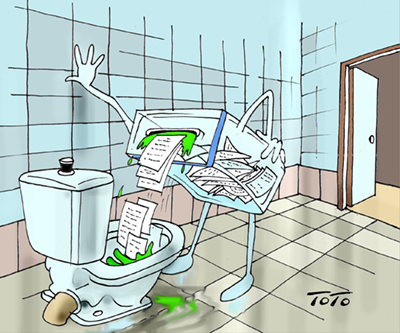A fatalistic mood has descended upon Armenia; this is a time when the families of some of the 5,000 victims of the recent disastrous war rejoice if they find the remains of their loved ones. Ten thousand wounded soldiers are facing a tough road to recovery and mobility through the help of prostheses. The entire country is caught in the grips of a raging pandemic, pinning its hopes on herd immunity rather than the promised vaccines which have yet to arrive.
Life, as we see, is upside down in Armenia, except for political life, which is preparing for snap elections to be held on June 20.
The ruling My Step coalition of Prime Minister Nikol Pashinyan, which has 83 seats in the 132-seat parliament, had previously hesitated to pull the trigger on snap elections as pressure was mounting from the opposition as well as other quarters. Members did not know how they would fare. At first, the party announced that there was no public clamor for elections when it was clear Pashinyan’s popularity was dwindling. Then, after they were reassured that the opposition had not garnered enough momentum, they started holding negotiations with Edmon Marukyan, the leader of the docile opposition party Bright Armenia in the parliament.
However, one of the deciding factors for snap elections was the realignment of the Prosperous Armenia Party. Its leader, Gagik Tsarukyan, earlier had joined the Homeland Salvation Movement, headed by former Prime Minister Vazgen Manukyan. It is not the first time that Tsarukyan has shifted allegiances. When his party quit the opposition movement of 17 parties and publicly stated that Prosperous Armenia would not propose a candidate for prime minister, Pashinyan’s party went ahead and announced the date for elections. The second blow to the opposition movement came from the Homeland (Hayrenik) Party, headed by the former Security Services Chief Arthur Vanetzyan. It is likely that Vanetzyan’s party may join Prosperous Armenia in an alliance, otherwise it does not stand a chance to have a representative in the parliament. The opposition movement lost popularity also, when its leader, Vazgen Manukyan, allowed the ARF leader Ishkhan Saghatelyan to upstage him.
The local ARF chapter in Armenia does not enjoy much popularity; its conduct even caused a split in the ARF ranks in the diaspora.
All these defections have resulted in the occupiers of the tents on Baghramyan Street, erected by the opposition to block entry to the parliament, to abandon their posts.










